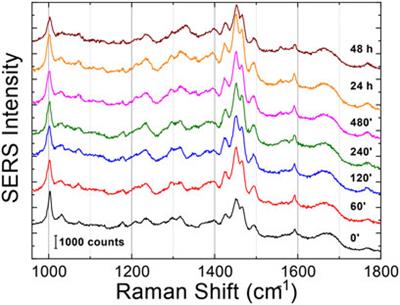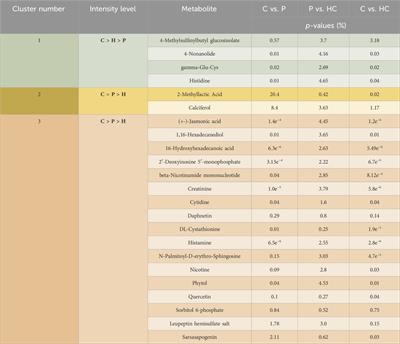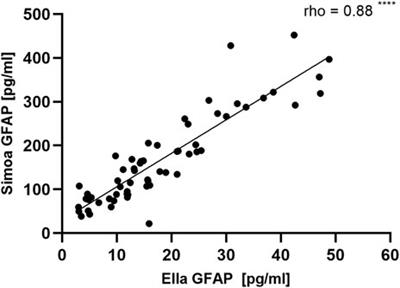ORIGINAL RESEARCH
Published on 14 Jun 2024
Exploring the Aβ1-42 fibrillogenesis timeline by atomic force microscopy and surface enhanced Raman spectroscopy

doi 10.3389/fmolb.2024.1376411
- 675 views
- 1 citation
5,868
Total downloads
27k
Total views and downloads
You will be redirected to our submission process.
ORIGINAL RESEARCH
Published on 14 Jun 2024

ORIGINAL RESEARCH
Published on 07 Mar 2024

MINI REVIEW
Published on 30 Nov 2023

BRIEF RESEARCH REPORT
Published on 24 Apr 2023

REVIEW
Published on 14 Dec 2020

ORIGINAL RESEARCH
Published on 20 Oct 2020

ORIGINAL RESEARCH
Published on 07 Jul 2020

